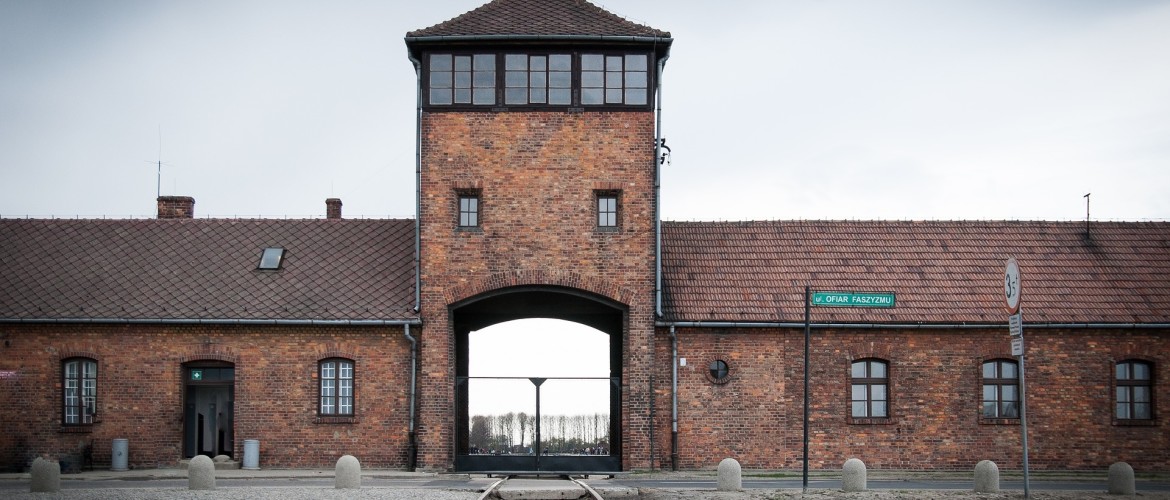Civilians
Protective emblems, signs & signals
Journalists
Missing and death persons
Protected areas and zones
Protected objects and property
Protected persons
Protection from persecution
[...]

“the intentional and severe deprivation of fundamental rights contrary to international law by reason of the identity of the group or collectivity”The persecution of an identifiable group or collectivity can be based on any such as:
“every person who, owing to well founded fear of being persecuted for reasons of race, religion, nationality, membership of a particular social group or political opinion, is outside the country of his nationality and is unable or, owing to such fear, is unwilling to avail himself of the protection of that country”
